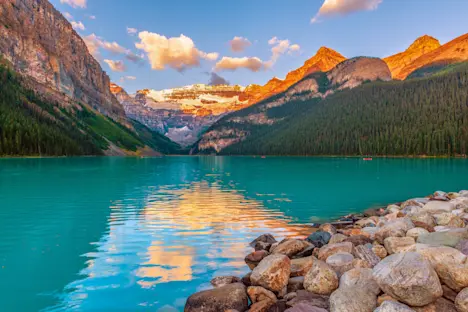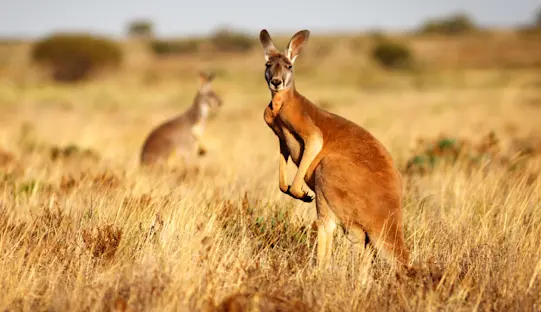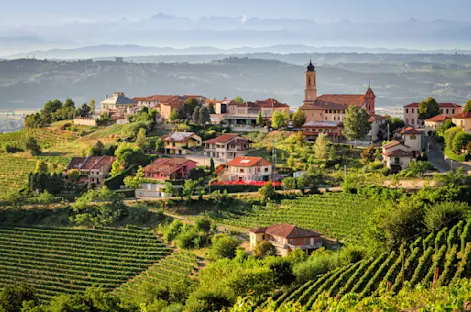
Under a hunting ban, wildlife in Botswana will be shot only with cameras. Photo: Elephants Without Borders
Botswana is once more taking a leading role among African nations in advancing wildlife conservation as it prepares to end game hunting in favor of safaris devoted purely to photography.
Archibald Ngakayagae, a spokesperson with Botswana’s Ministry of Wildlife, Environment and Tourism, announced last week that the legal process toward policy change is already underway in response to recent research findings that show some wildlife species have declined by as much as 90 percent over the last decade due to hunting, poaching and veldt fires.
Lion hunting in Botswana was already suspended in 2007, reflecting governmental concern over diminishing numbers of lions, particularly in protected areas near settled areas where human-predator conflict is on the rise, such as Khutse Game Reserve, Central Kgalagadi Game Reserve (CKGR) and the Kgalagadi Trans-Frontier Park.
But other species and regions have been drastically impacted as well, warranting rapid government action.
Botswanan ecologist Dr. Mike Chase, founder and director of the wildlife conservation group Elephants Without Borders and a post-doctoral fellow at the San Diego Zoo‘s Institute for Conservation Research, revealed distressing research results several weeks ago that indicate “catastrophic” species loss in the Okavango Delta over the past 15 years. The study found that 11 species have declined by 61 percent since a 1996 survey in the Ngamiland district. Ostrich numbers declined by 95 percent, while 90 percent of wildebeest were also wiped out, along with 84 percent of antelope tsessebe, 81 percent of warthogs and kudus, and nearly two-thirds of giraffes.
“The numbers of wildebeest have fallen below the minimum of 500 breeding pairs to be sustainable. They are on the verge of local extinction,” Chase said.
According to a story in Botswanan news source Mmegionline, “The campaign to move towards photographic safari is promoted by operators who run photographic safaris in the Okavango Delta and Kasane regions, but the campaign has divided the wildlife conservationists in Botswana, some of whom argue that hunting quotas issued to the communities that live near wildlife management areas, help empower and develop local communities.”
Sport hunters are typically required to give part of their trophy fee to local communities to fund development as well as reduce the need to poach wildlife for food or to sell ivory or skins for money.
Botswana’s government, however, is convinced that hunting is more a part of the problem than a conservation solution, and is proceeding with steps toward a full ban on its public lands. Plains game hunting would be permissible only on private ranches, once the new policy is in effect. Kenya has also banned wildlife hunting.
































